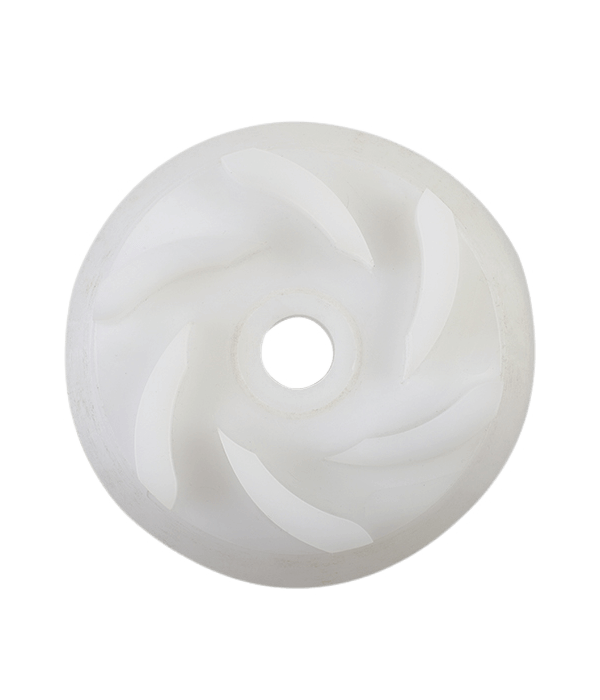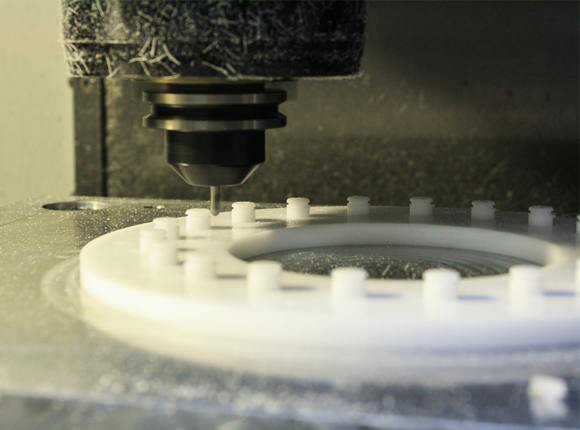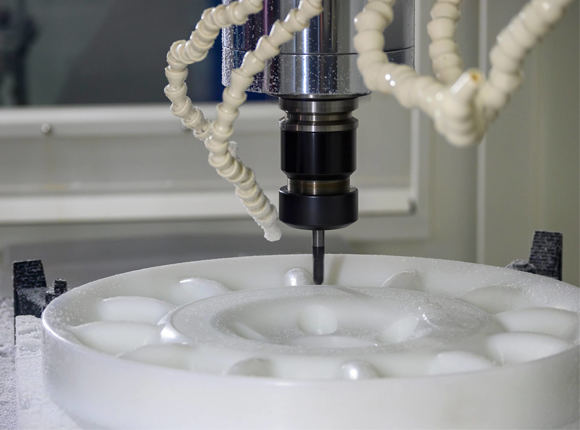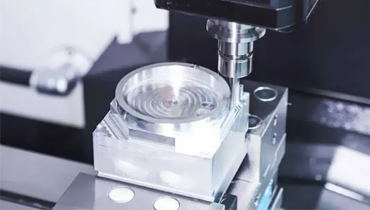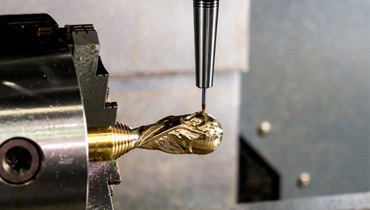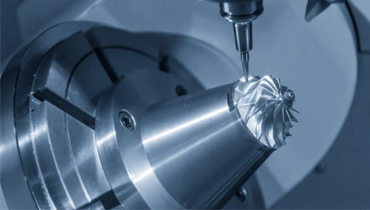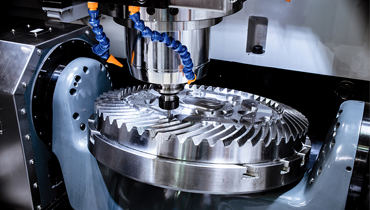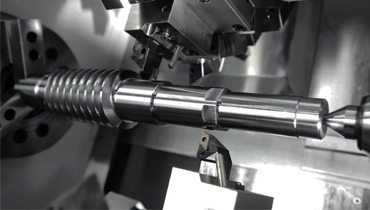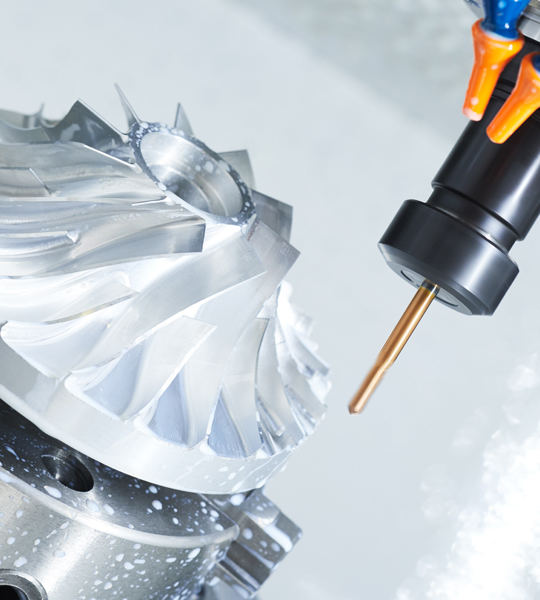DEK is your one-stop partner for high-quality products, we make on-demand machining & manufacturing easy and fast, from prototyping to end-part production.
- Email: quote@dekmake.com
- Phone: +86 - 755 2319 6580
Solutions
- Rapid Prototyping
- Low Volume
- Mass Production
- Subcontract Machining
- Ultra Precision Machining
Capabilities
- CNC Machining
- 3D Printing
- Vacuum Casting
- Sheet Metal Fabrication
- Injection Molding
- Die Casting
Projects
- CNC Machined Parts
- 3D Printed Parts
- Vacuum Casted Parts
- Sheet Metal Parts
- Injection Molded Parts
- Die Casted Parts
Company
